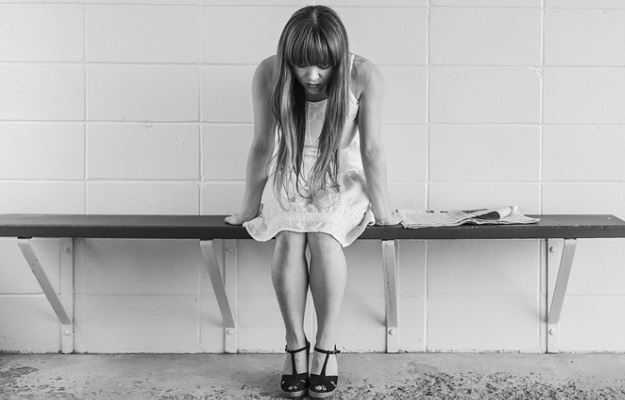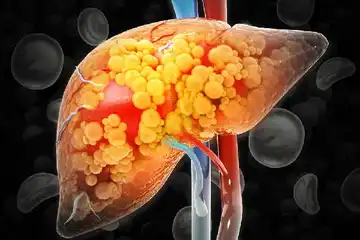Grief occurs upon the loss of a loved one or the loss of something important. It is a natural response and the process of grieving encompasses a range of emotions.
The experience of grief, including its intensity and duration, varies from person to person and even in the situation. Some people find it difficult to adjust and carry on with their regular life even after several months after the event of loss, in what is referred to as complicated grief.
Grief can also cause major depression. Diagnosing complicated grief and grief-related major depression can be a challenge. However, both conditions are severely debilitating and may even be life-threatening. Hence, proper care and support are important for the grieving person and consulting healthcare professionals can be relevant to diagnosing and resolving complicated grief.

 Doctors for Grief
Doctors for Grief 












































